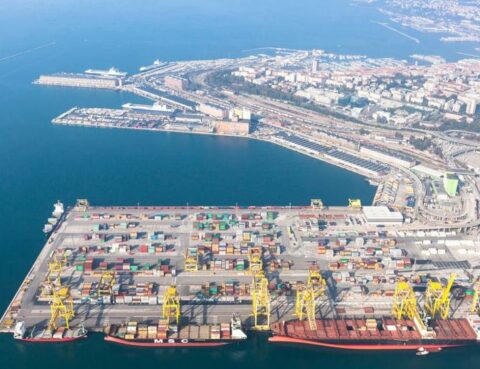Road transport occupies a key role in Italy’s economy and undoubtedly holds a position of dominance in the field of handling of goods, consequently creating a labour market ready to accept different types of contracts. Despite current statistics show a considerable decrease of road haulage one-man businesses in Italy in the last five years, some…
Following our newsletter dated 20th December 2017, below are the main changes presented in the text of the draft renewal of the Italian logistics, transport and freight forwarding collective bargaining agreement on 3rd December 2017. In addition to the economic and salary changes that provide for a 108 Euro monthly increase divided into four installments…
Tarsu, Tares and Tari (Italian waste taxes) are not due for warehouses that are used exclusively for the temporary storage of goods waiting to be forwarded to the businesses that have bought them to use them within their production cycle. As self-remedy, an Italian Municipality has exempted almost fully a port enterprise from the waste tax…
Starting from 25th May 2018, failure to comply with the legislation on the protection of personal data will result in fines of up to 20 million euros or up to 4% of turnover. The entry into force of the European privacy regulation (reg. EU 2016/679) is imminent. Companies and individuals will need to prove that…
The direct action provided by Article 7ter of Italian Legislative Decree no. 286/2005 could be declared unconstitutional. The article gives the sub-carrier who has not received the payment of the carriage charges the right to act against all those who ordered the carriage. The issue of the constitutionality of Article 7ter was raised by the…
The recent Italian stability law has finally solved the longstanding problem of whether port terminals are classifiable under the E/1 cadastral category, providing that as of 1st January 2020 they will fall under this category. Therefore, from that date, port terminals will no longer be subject to the payment of IMU (the Italian property tax)….
It is possible to protect intellectual property online by making the provider accountable. In particular, the liability of the hosting provider seems to arise when, having become aware of potential activities in violation of intellectual rights, it does not take steps to remove them. This is the principle reaffirmed by the Court of Bologna –…
The order of the Corte di Cassazione (the Italian Supreme Court) of 4th October 2017, no. 23192 has once again addressed the matter of the relevance of agreeing interest rates above the usury threshold rate when signing a loan contract. The case arises from the application for a claim to be included in the liabilities…
The Court of Trieste has once again allowed the creditor to safeguard his claim by attaching the foreign debtor’s assets, without having previously heard the latter. In the specific case, a freight forwarder had a claim for customs operations against a non-EU company. The choice to resort to an attachment was determined by two circumstances….
In a judgment that has recently become final, the Friuli Venezia Giulia Commissione Tributaria Regionale (Regional Tax Court) has further confirmed the continuing validity of the special rules governing the free zones of the port of Trieste, which override the national legislation that has subsequently intervened. The judgment underlines that the Free Port of Trieste…










